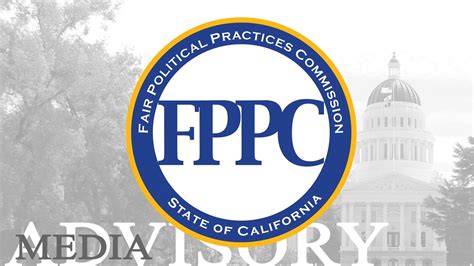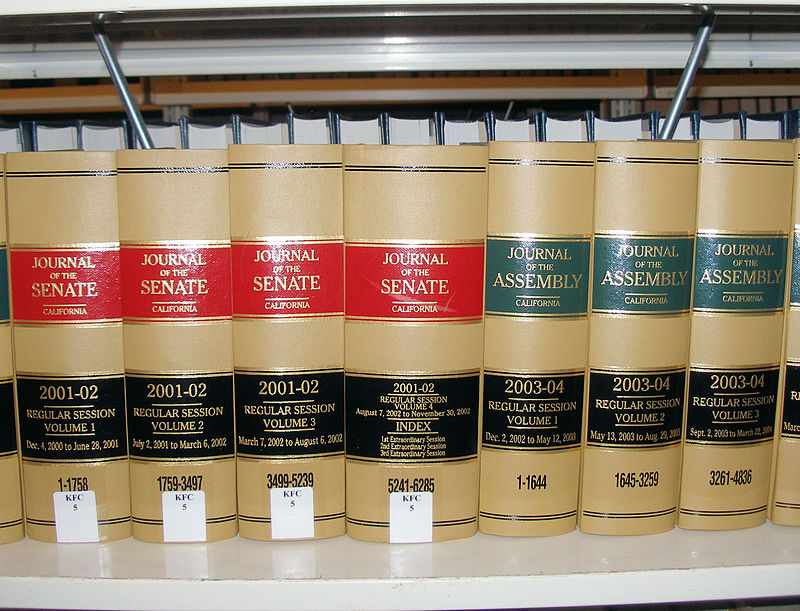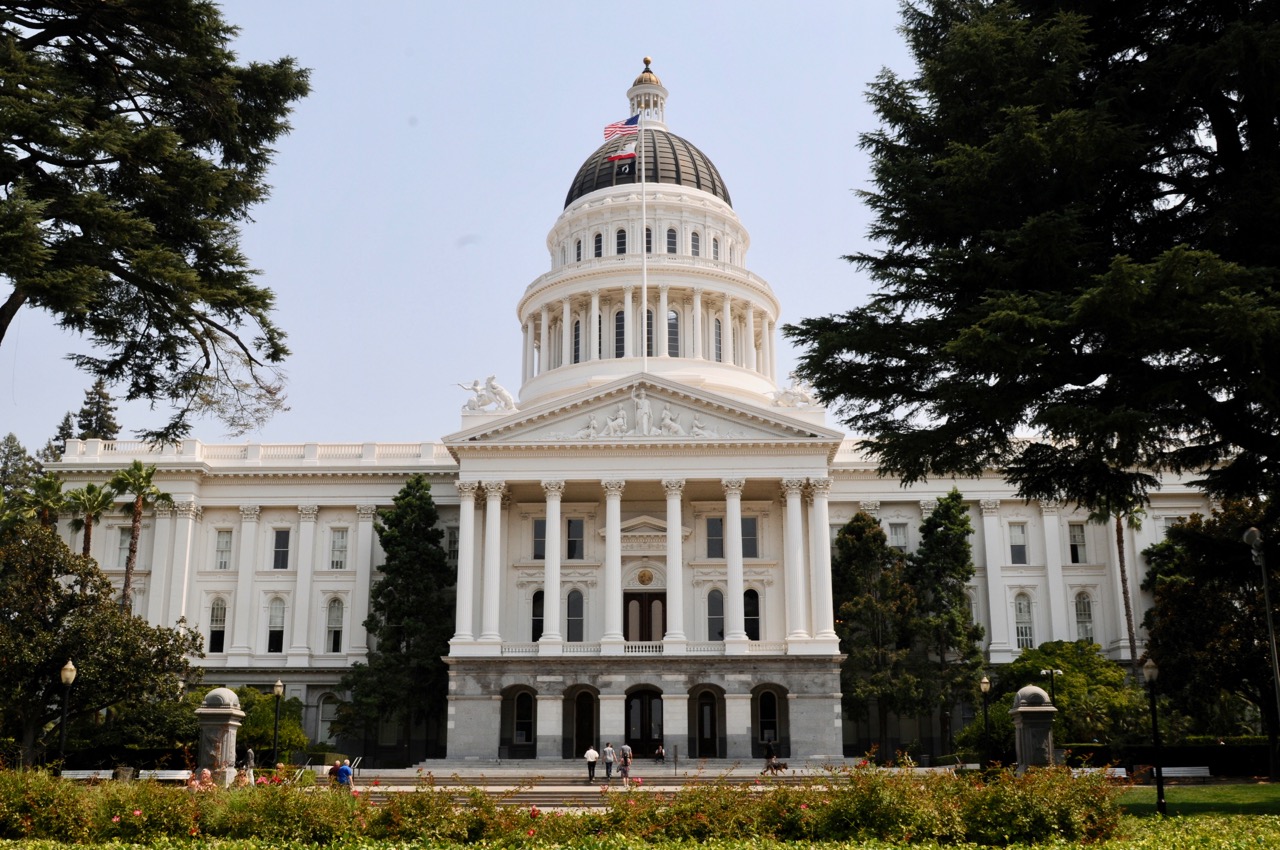
FPPC logo. (Photo: fppc.ca.gov)
Revolving Door Limitations in California
There are rules for those leaving government service
By Chris Micheli, August 24, 2020 6:24 am
There are rules for those leaving government service, which we refer to as the “revolving door” between the public and private sectors. Article IV, Section 5(e) of the California Constitution provides that “the Legislature shall enact laws that prohibit a Member of the Legislature whose term of office commences on or after December 3, 1990, from lobbying, for compensation, as governed by the Political Reform Act of 1974, before the Legislature for 12 months after leaving office.”
In addition, Government Code Title 9, Chapter 7, Article 4 concerns the disqualification of former officers and employees. It begins with Section 87406(a), which is known as the “the Milton Marks Postgovernment Employment Restrictions Act of 1990.”
Section 87406(b)(1) provides that “a Member of the Legislature, for a period of one year after leaving office, shall not, for compensation, act as agent or attorney for, or otherwise represent, any other person by making any formal or informal appearance, or by making any oral or written communication, before the Legislature, any committee or subcommittee thereof, any present Member of the Legislature, or any officer or employee thereof, if the appearance or communication is made for the purpose of influencing legislative action.”
In addition, Section 87406(b)(2) specifies that “a Member of the Legislature who resigns from office, for a period commencing with the effective date of the resignation and concluding one year after the adjournment sine die of the session in which the resignation occurred, shall not, for compensation, act as agent or attorney for, or otherwise represent, any other person by making any formal or informal appearance, or by making any oral or written communication, before the Legislature, any committee or subcommittee thereof, any present Member of the Legislature, or any officer or employee thereof, if the appearance or communication is made for the purpose of influencing legislative action.”
These provisions of the California Government Code are found in the Political Reform Act of 1974, which places restrictions upon legislators and other public officials when they leave government service. Basically, after leaving the Legislature, a former member of the State Senate or State Assembly has a one-year ban on certain activities. The one-year ban on legislators is extended if he or she resigns from office before the expiration of his or her term.
According to the Fair Political Practices Commission, the post-employment activities of a former state legislator are restricted in that the former legislator cannot, for one year, be paid to communicate with their former colleagues in the Legislature in an attempt to influence certain actions or proceedings. If the legislator resigns from office, then the one-year ban begins with the date of the resignation and ends one year after the adjournment sine die of the legislative session in which his or her resignation occurred.
There is also a ban on influencing prospective employers. In other words, a public official is prohibited from making, participating in making, or influencing a governmental decision that directly relates to a prospective employer.
- Should Interpretive Guidance Be Included in California Legislation? - April 28, 2024
- Legislative Intent Does Not Equate to a Mandate - April 27, 2024
- Frequently Asked Questions about State Agency Ethics Training - April 26, 2024




